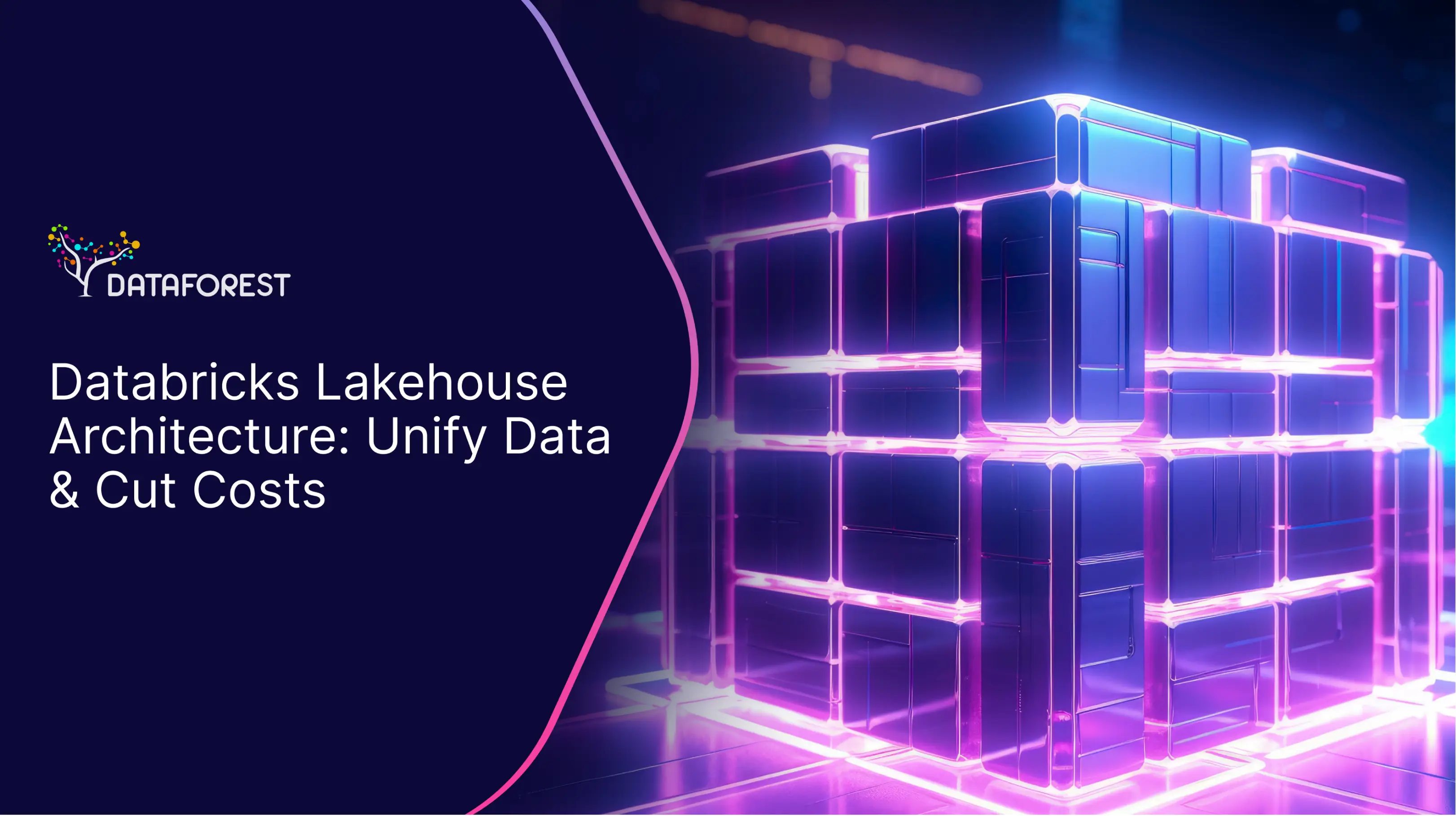In today's fiercely competitive landscape, data is no longer just an asset; it's the lifeblood of innovation, growth, and sustainable competitive advantage. For startups, mastering their data strategy from day one isn't a luxury—it's an imperative. Yet, many nascent ventures face a formidable challenge: building a robust, scalable data analytics infrastructure without the vast resources of established enterprises. This is where the best data engineering companies become invaluable partners, transforming raw data into actionable insights that fuel informed decision-making and propel rapid expansion.
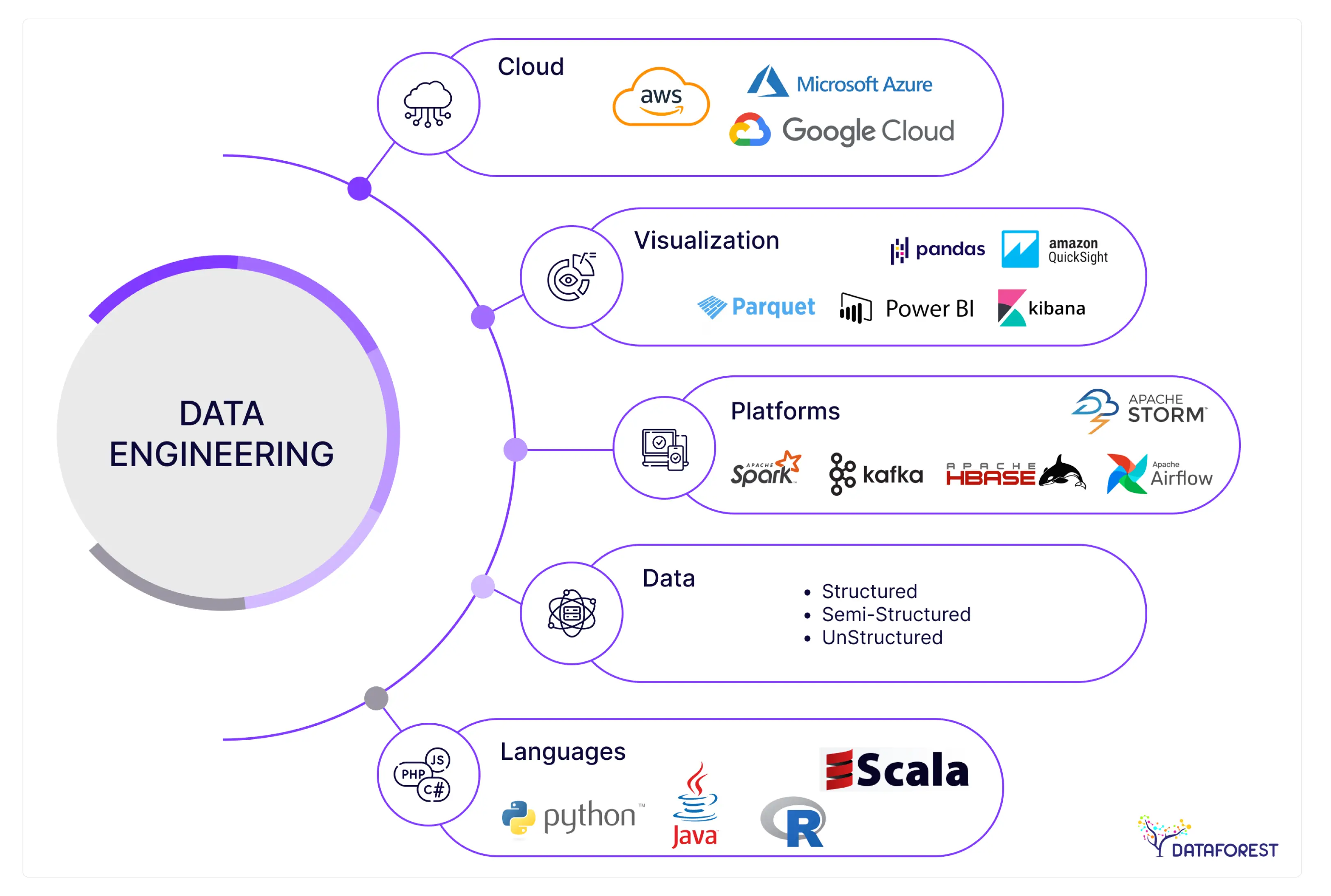
The journey from ideation to unicorn status is fraught with data hurdles, from designing efficient data pipelines and scalable data lake architectures to implementing real-time analytics and integrating AI-powered capabilities. Attempting to build an in-house data engineering team from scratch can be an exorbitant, time-consuming endeavor, often diverting critical capital and focus away from core product development. This is precisely why engaging with a specialized data engineering consulting firm has become a strategic necessity for agile startups.
This comprehensive guide delves into the critical factors startups should consider when selecting a data engineering partner and spotlights 20 leading firms that consistently deliver exceptional value, cutting-edge solutions, and a truly startup-friendly approach.
What Defines an Exceptional Data Engineering Partner for Startups?
Choosing the best data engineering company isn't merely about finding a vendor; it's about forging a strategic alliance. For startups, this decision carries even greater weight, as the chosen partner will lay the foundational data architecture that dictates future scalability, flexibility, and analytical prowess. Here's what discerning founders should prioritize:
Startup-Oriented Approach
A company that truly understands the startup ecosystem is paramount. This isn't just about offering competitive pricing; it's about agility, flexibility, and an innate ability to adapt to evolving needs. Startups operate with lean teams, constrained budgets, and often rapidly shifting priorities. An ideal partner will offer:
- Flexible Engagement Models: From project-based collaborations to dedicated team augmentations, the ability to scale services up or down as needed is crucial.
- Cost-Effectiveness: Transparent pricing structures and a focus on delivering maximum value within budget constraints.
- Speed to Market: A proven track record of rapid deployment and iterative development, understanding that time is a startup's most precious commodity.
- Hands-On Mentorship: Beyond just building, the best partners empower startup teams, sharing knowledge and fostering internal capabilities.
Scalable Architecture Expertise
Startups dream big. Their data infrastructure must be built to scale alongside their ambitions, accommodating exponential growth in data volume, velocity, and variety without requiring a complete overhaul. Key considerations include:
- Cloud Data Engineering Proficiency: Deep expertise across major cloud platforms (AWS, Azure, GCP) is non-negotiable. This includes designing and implementing cloud-native data lakes, data warehouses, and ETL services.
- Microservices and Composable Architecture: The ability to design modular, decoupled data systems that can be easily extended and integrated with new technologies.
- Real-time Data Engineering Solutions: For many modern applications, batch processing simply isn't enough. Expertise in streaming data, low-latency pipelines, and event-driven architectures is vital.
- Data Governance and Security: Building in data quality, compliance, and robust security measures from the ground up, preventing costly retrofits down the line.
Proven Track Record
Past performance is often the best indicator of future success. While many firms claim expertise, evidence of successful engagements—especially with other startups or fast-growing companies—is critical. Look for:
- Case Studies and Testimonials: Specific examples demonstrating how they've helped companies achieve measurable outcomes, such as improved efficiency, enhanced decision-making, or new revenue streams.
- Industry-Specific Experience: If your startup operates in a niche, a partner with experience in that sector (e.g., FinTech, Healthcare, E-commerce) can offer invaluable insights and accelerate time to value. DATAFOREST, for instance, showcases its expertise across various sectors, including Finance, Insurance, Healthcare & Pharma, E-commerce, and Retail.
- Awards and Recognitions: While not the sole determinant, industry accolades can signal a company's standing and capabilities.
End-to-End Data Stack Capabilities
A truly comprehensive partner offers more than just isolated services; they can manage the entire data lifecycle. This includes:
- Data Architecture and Strategy: Helping define the long-term vision for your data infrastructure.
- Data Ingestion and Integration: Expertise in building robust data pipelines and ETL services to pull data from diverse sources. For example, understanding concepts like "Replayability" in Apache Kafka for real-time streaming is critical (as highlighted in this DATAFOREST blog post).
- Data Storage and Warehousing: Designing and implementing efficient data lakes and data warehousing services (e.g., Snowflake, Databricks, Redshift).
- Data Transformation and Modeling: Preparing data for analysis, ensuring data quality and consistency.
- Analytics and Visualization: Building intuitive dashboards and reports to surface insights (e.g., a supply-chain dashboard).
- Machine Learning Data Pipelines: Integrating advanced analytics and AI/ML models into the data flow. This often involves processing unstructured data, perhaps using technologies like Vector DB for RAG (see DATAFOREST's take on Vector DB for RAG).
- Data Governance and Security: Implementing best practices for data quality, privacy, and compliance.
Top 20 Data Engineering Companies for Startups
With so many data engineering providers on the market, choosing the right one can be challenging, especially for startups seeking flexibility, scalability, and speed. Identifying the optimal data engineering partner requires diligent research and a clear understanding of your specific needs. Here's a curated list of 20 leading firms that have distinguished themselves in the field, particularly for their work with startups and fast-growing businesses.
DATAFOREST
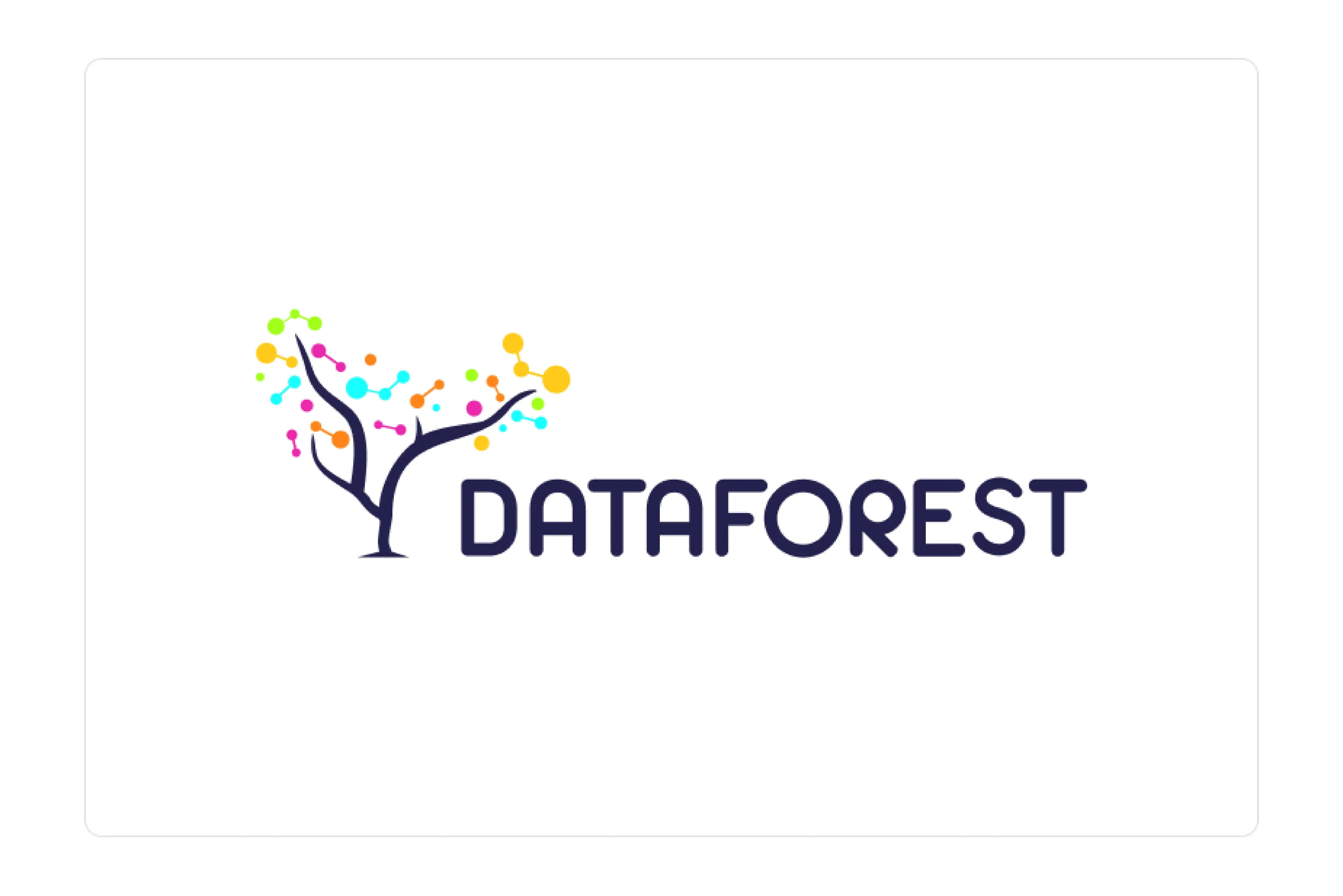
- Headquarters: Global presence with a strong focus on European and US markets.
- Key Clients: Diverse portfolio, including retail, healthcare, finance, and e-commerce startups to large enterprises.
- Core Services: Comprehensive Data Engineering services, including data architecture, data integration, Big Data consulting for startups, Cloud data engineering (AWS, Azure, GCP), AI-powered solutions, custom software development, and digital transformation. They specialize in building robust data lakes, data pipelines, and Machine learning data pipelines.
- Why It's Great for Startups: DATAFOREST offers a highly startup-friendly approach, emphasizing rapid prototyping, scalable solutions, and cost-effective delivery. Their deep expertise in AI-driven platforms and real-time data engineering solutions makes them ideal for startups looking to leverage cutting-edge analytics from the outset. Their case studies, such as Back-Office Automation and an AI-driven e-commerce Platform, highlight their ability to deliver tangible business outcomes. For more insights on selecting a data engineering company, refer to their blog post.
Airbyte
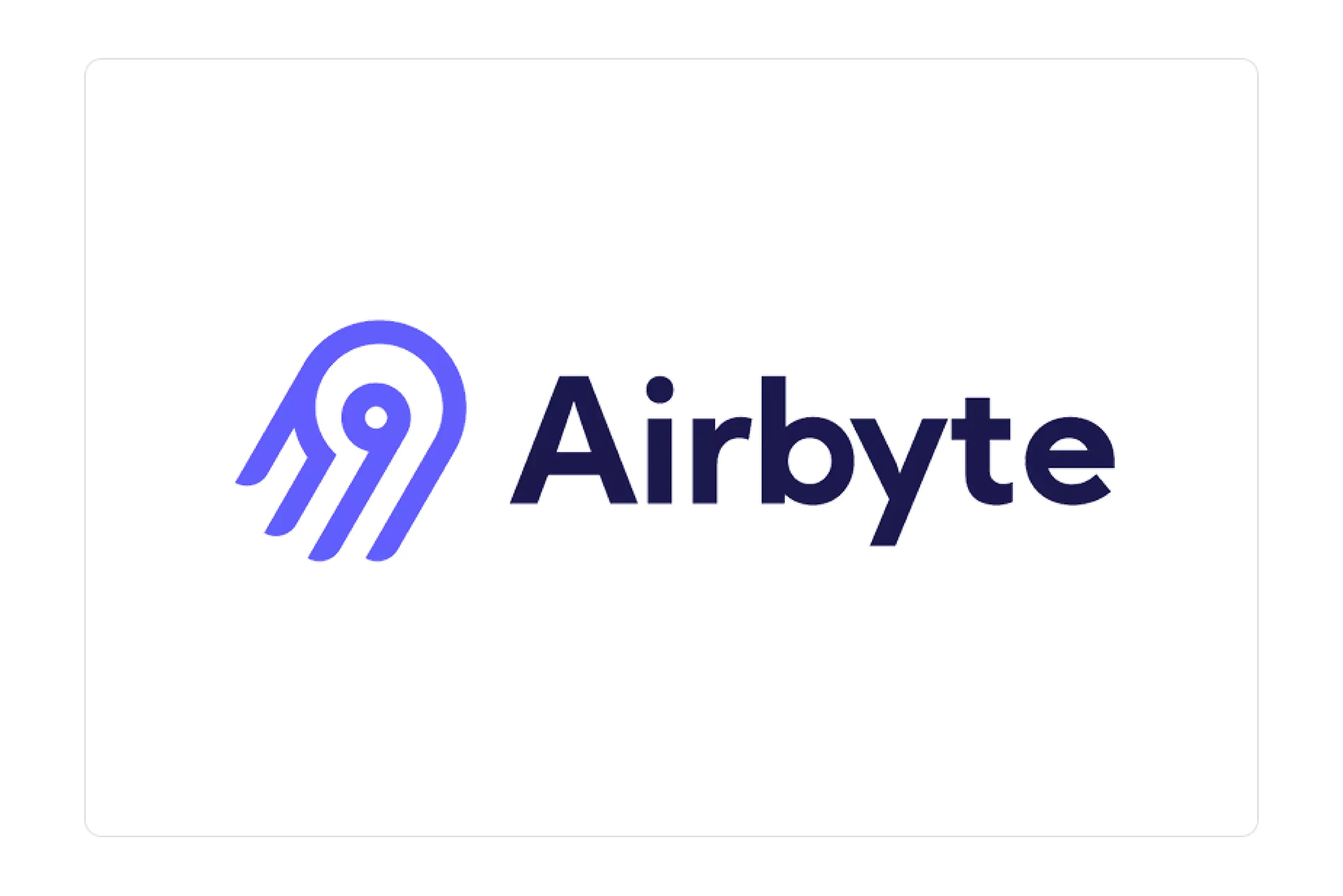
- Headquarters: San Francisco, CA, USA
- Key Clients: Thousands of companies globally, from startups to enterprises.
- Core Services: Open-source data integration platform with a vast library of connectors for data pipelines (ELT/ETL).
- Why It's Great for Startups: Open-source nature provides flexibility and cost-efficiency.
Bigeye
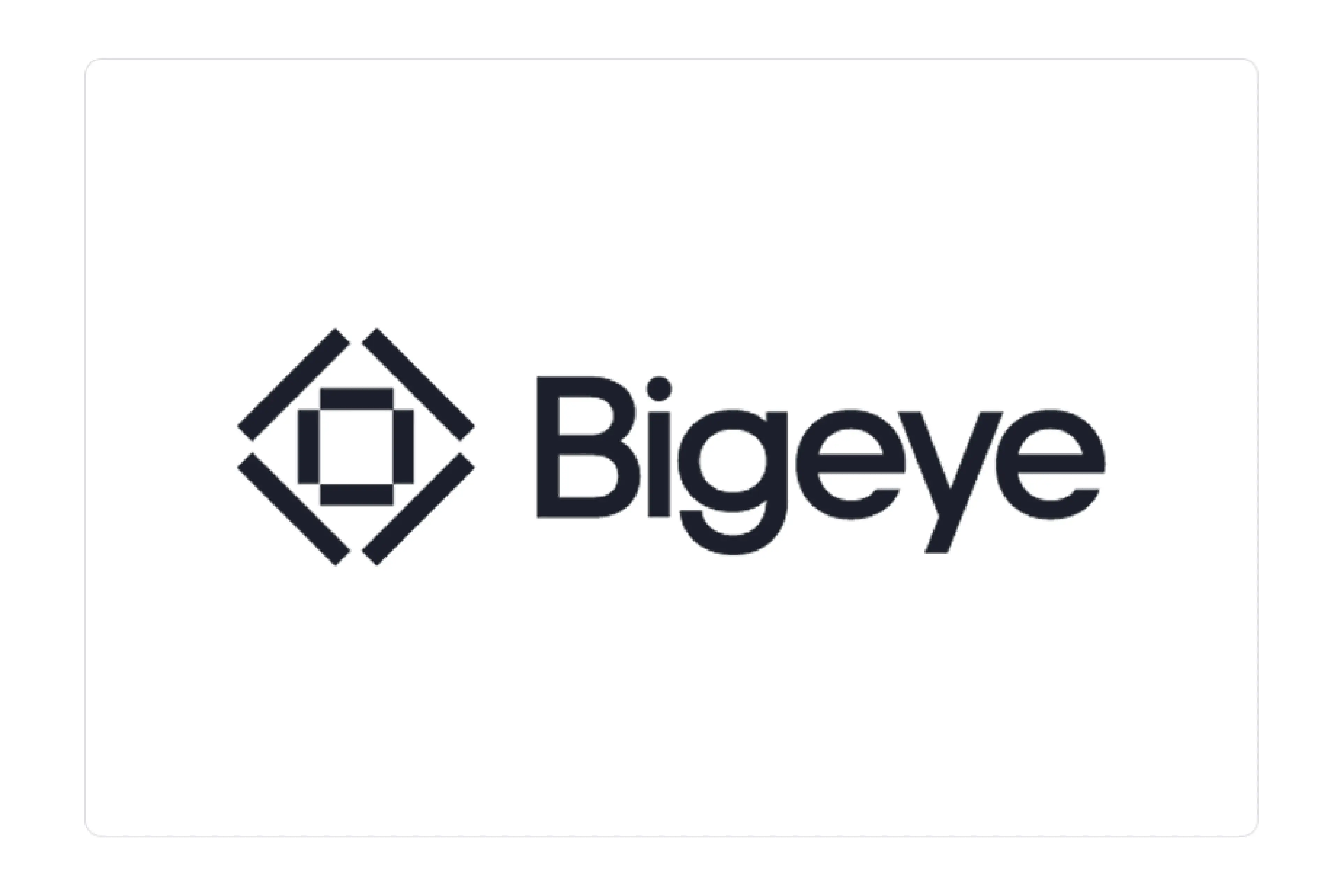
- Headquarters: San Francisco, CA, USA
- Key Clients: Companies emphasizing data reliability and quality.
- Core Services: A data observability platform to monitor and resolve data quality issues in data pipelines.
- Why It's Great for Startups: Maintains high data integrity, ensuring reliable insights for analytics infrastructure.
Addepto
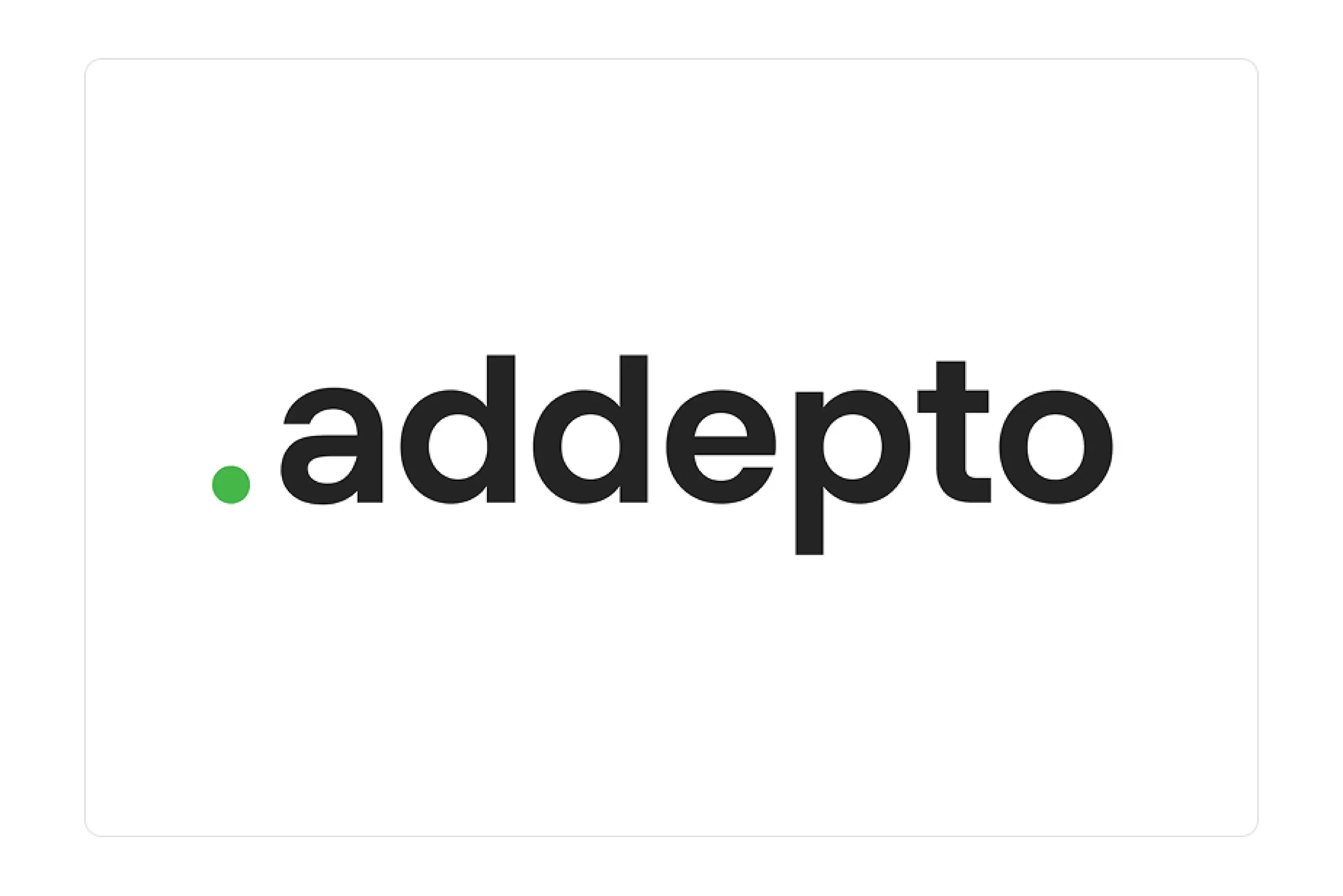
- Headquarters: Warsaw, Poland
- Key Clients: Businesses seeking AI and data science solutions.
- Core Services: AI development, Big Data consulting, data engineering services, and machine learning data pipelines.
- Why It's Great for Startups: Delivers practical AI and data solutions to operationalize ML models quickly.
Firebolt
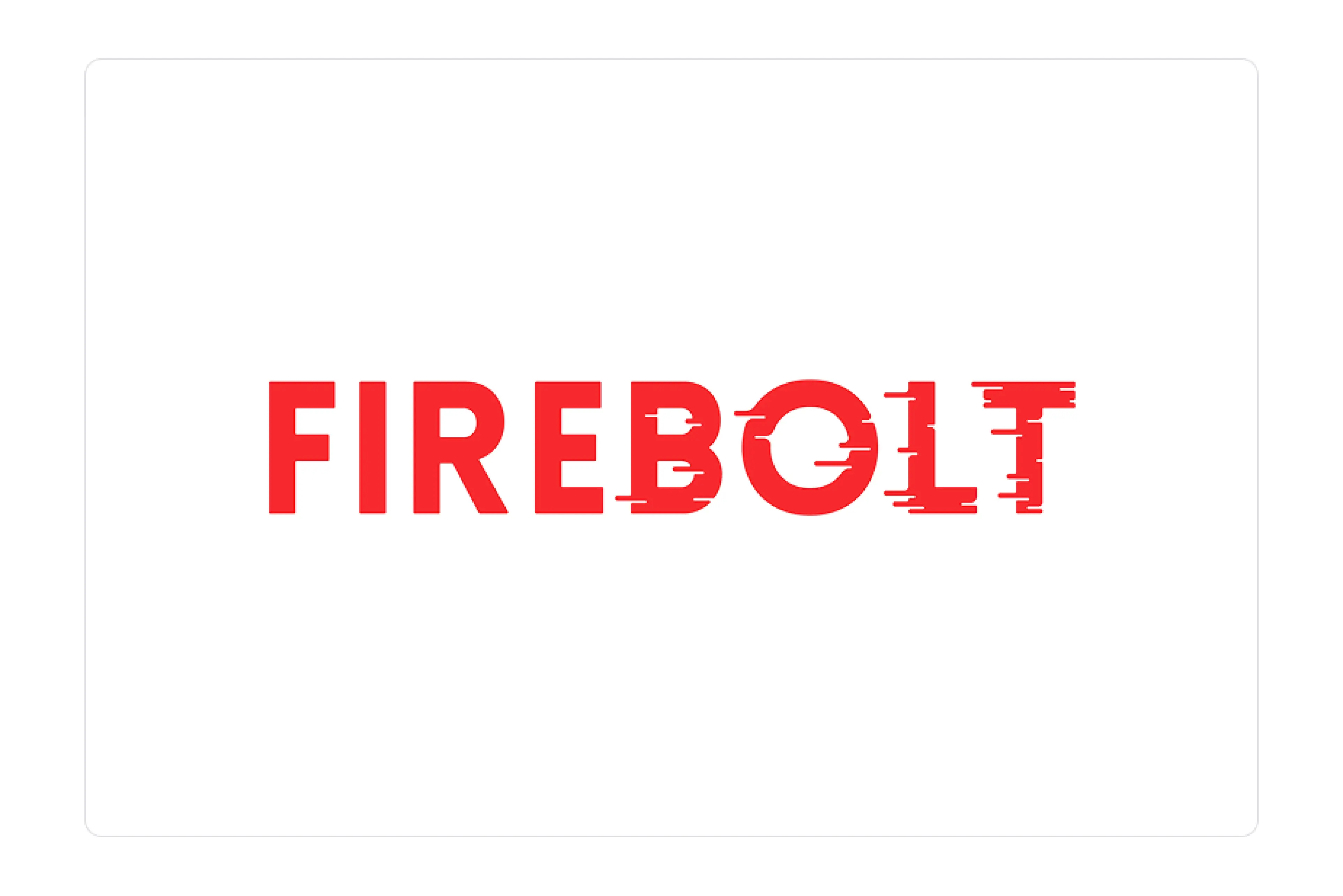
- Headquarters: Tel Aviv, Israel, and New York, USA
- Key Clients: Data-intensive businesses, SaaS companies.
- Core Services: Cloud data warehouse for high performance and cost efficiency.
- Why It's Great for Startups: Provides lightning-fast query performance for real-time analytics and interactive dashboards.
InData Labs
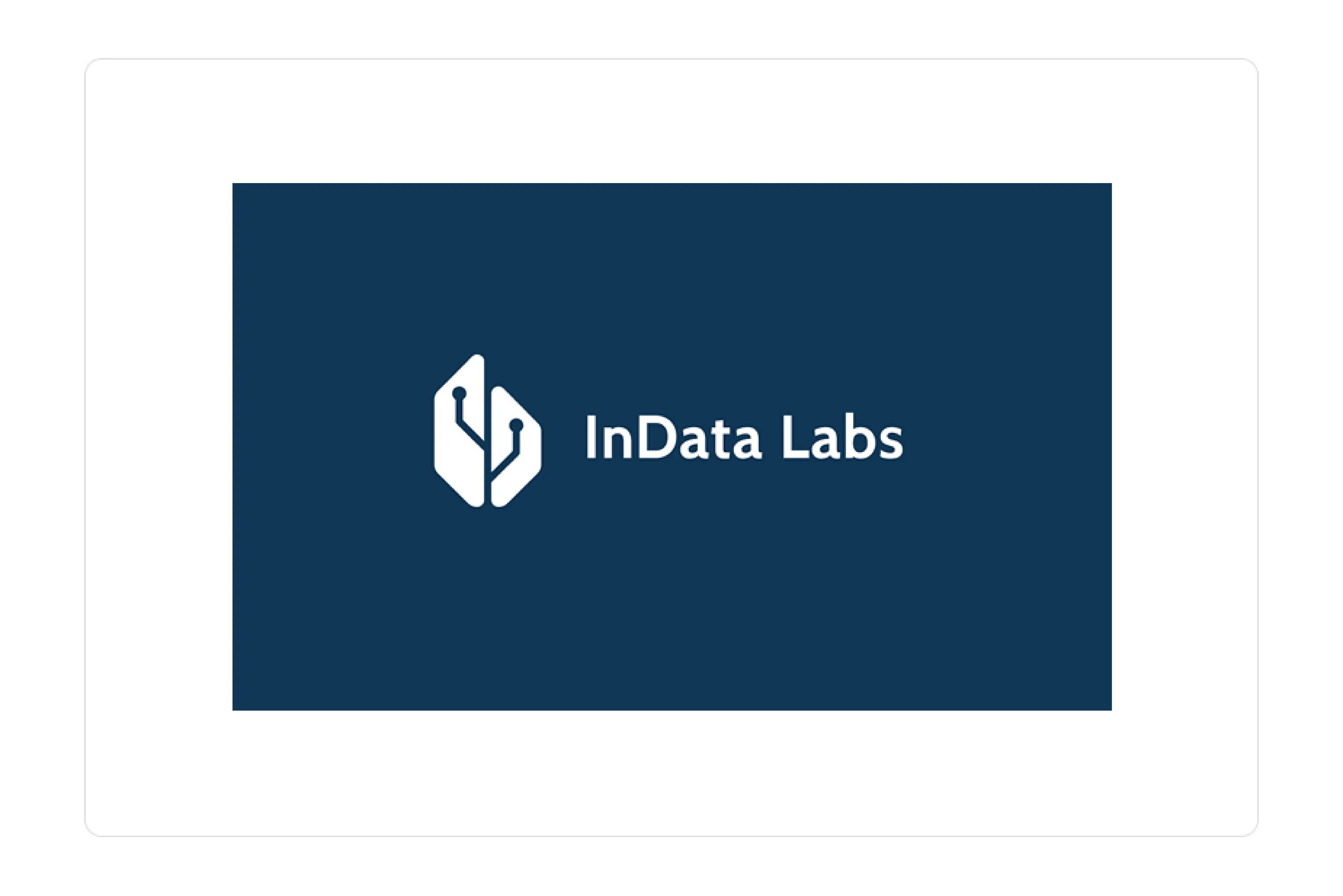
- Headquarters: Limassol, Cyprus
- Key Clients: Companies looking for AI, Big Data, and custom software.
- Core Services: Data engineering, AI development, Machine Learning, computer vision, NLP.
- Why It's Great for Startups: End-to-end solutions, strong focus on AI/ML combined with robust data engineering services.
Innowise
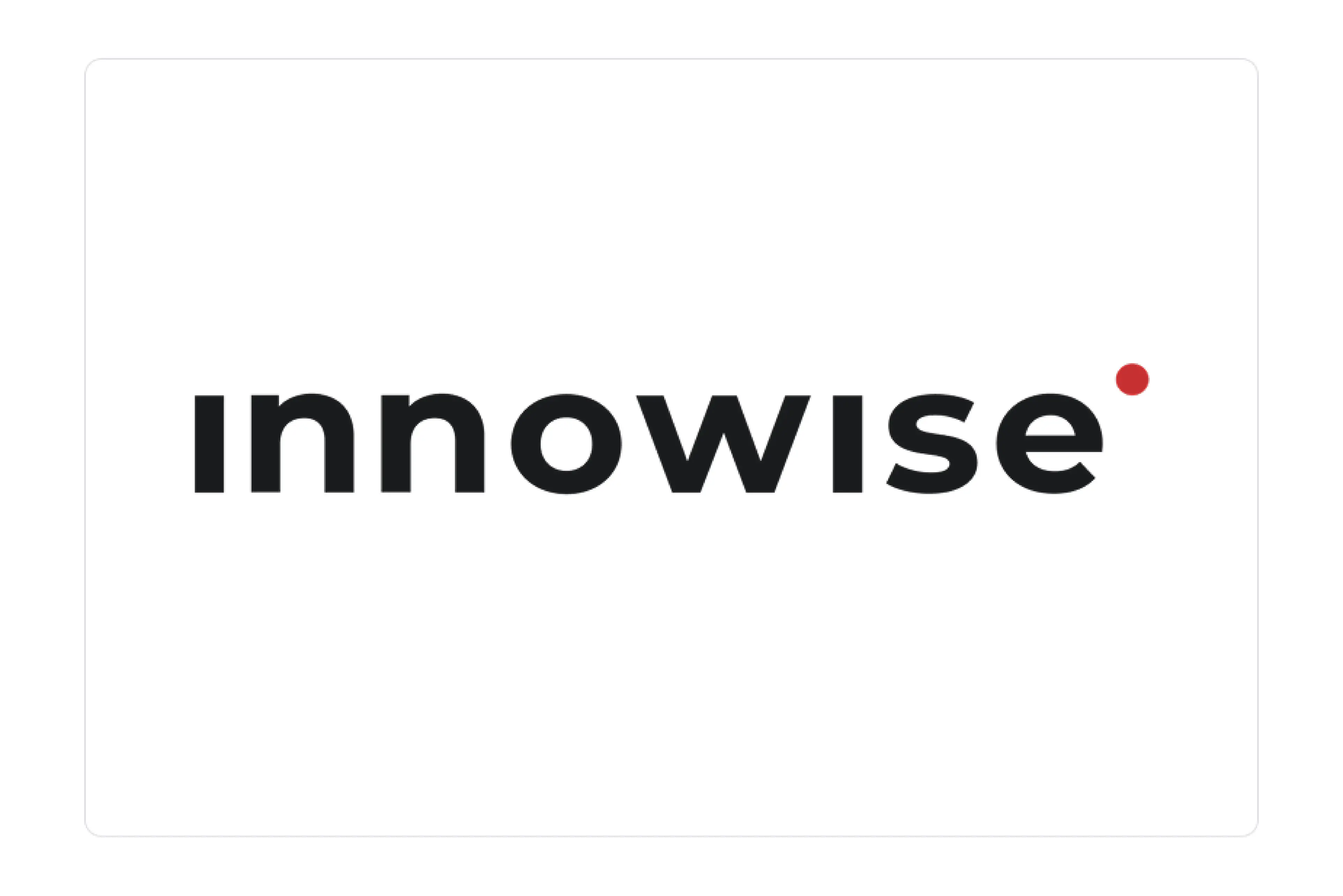
- Headquarters: Warsaw, Poland
- Key Clients: Global clients across various industries.
- Core Services: Full-cycle software development, including data engineering, Big Data analytics, and cloud computing.
- Why It's Great for Startups: Offers a broad range of services, allowing consolidation of technology needs.
Xenonstack
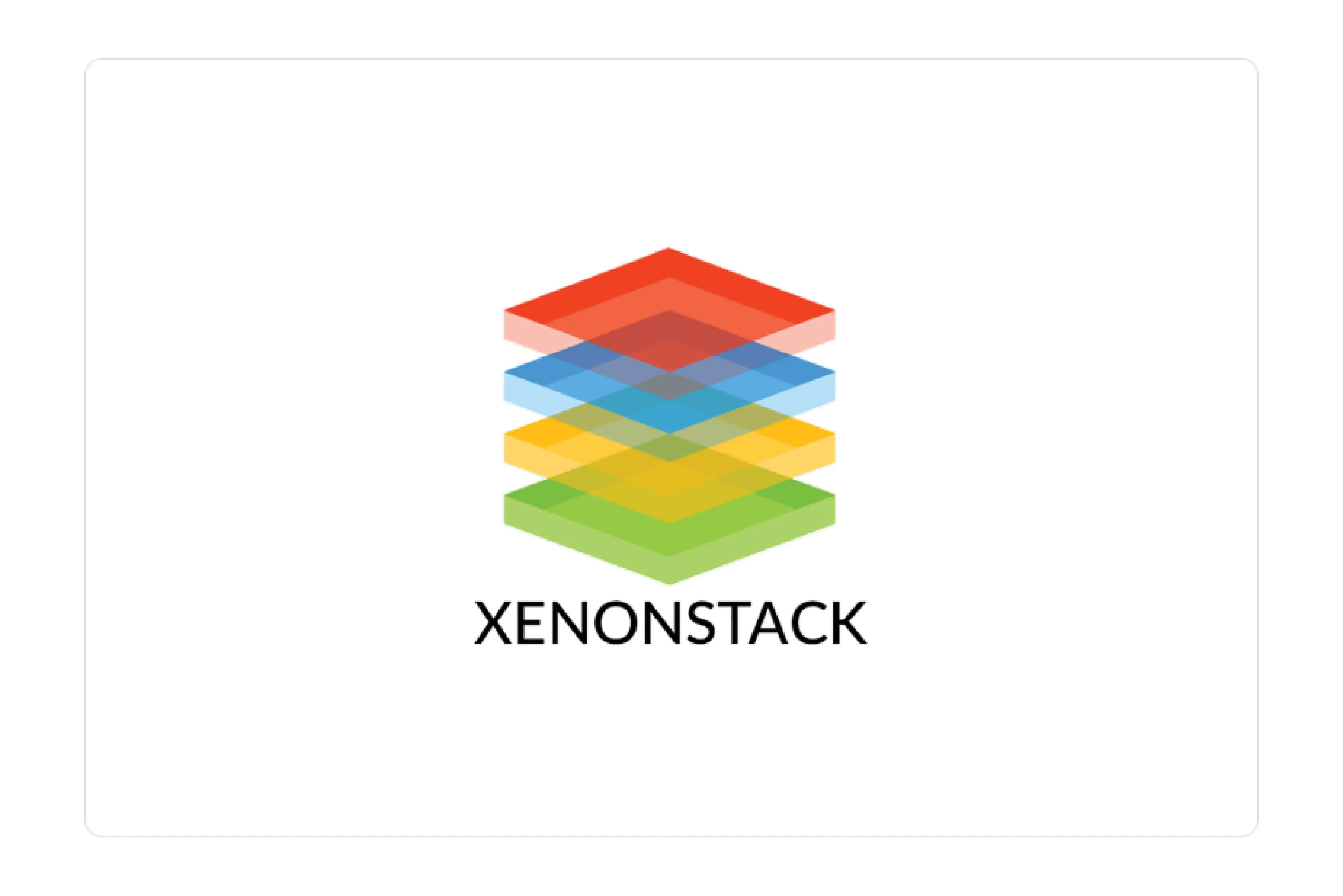
- Headquarters: Mohali, India
- Key Clients: Enterprises and startups seeking digital transformation.
- Core Services: Cloud data engineering, Big Data consulting, AI/ML, DevOps. Specializes in data lake architecture for small companies.
- Why It's Great for Startups: Expertise in cloud-native solutions and DevOps for robust and automated data infrastructures.
LeewayHertz

- Headquarters: San Francisco, CA, USA
- Key Clients: Startups and enterprises leveraging blockchain, AI, and IoT.
- Core Services: AI development, blockchain solutions, IoT, cloud engineering, and data analytics.
- Why It's Great for Startups: Excels at integrating cutting-edge technologies into practical business solutions.
Tredence
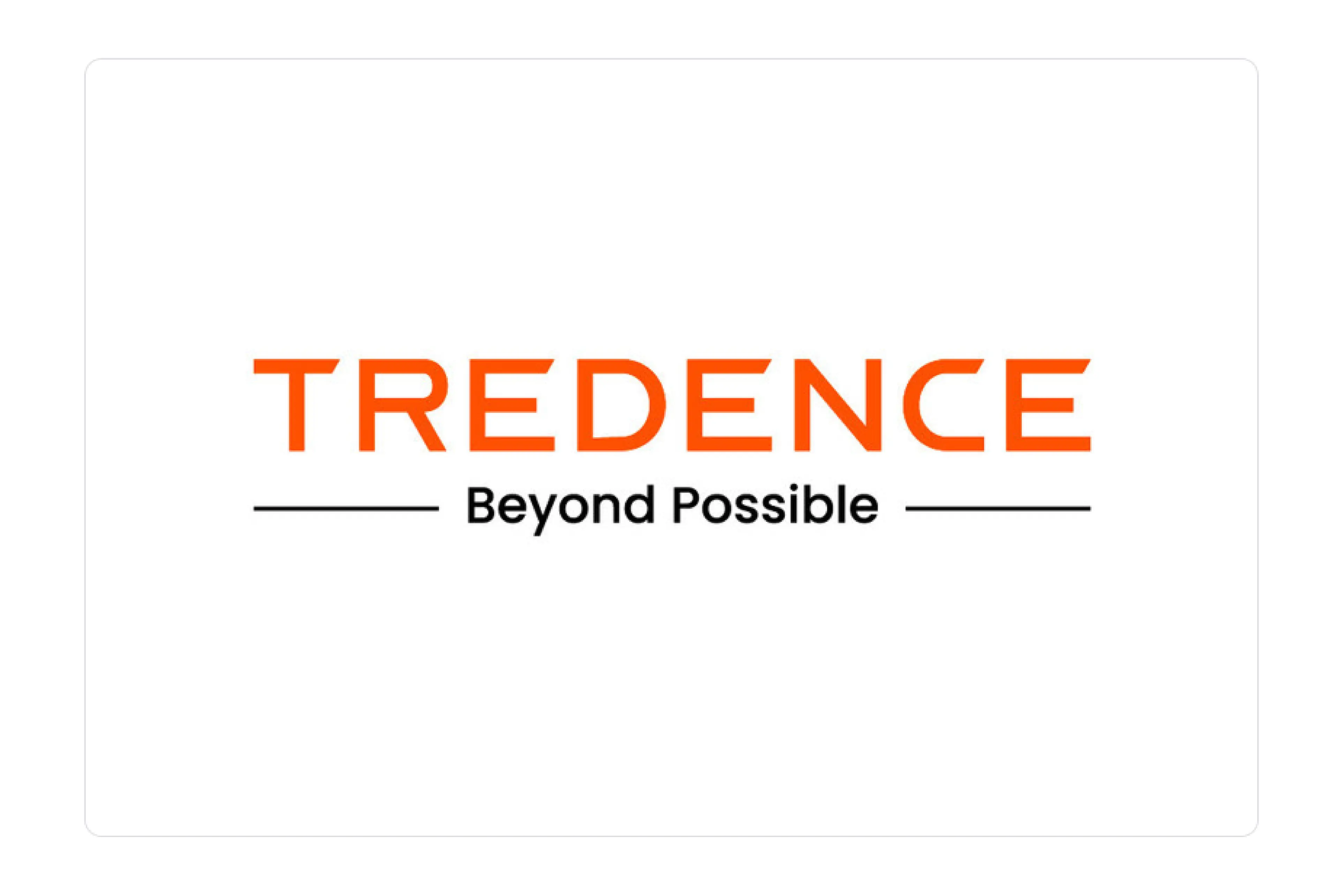
- Headquarters: San Jose, CA, USA
- Key Clients: Fortune 500 companies and growing businesses.
- Core Services: Data science, AI/ML, data engineering, and cloud migration.
- Why It's Great for Startups: Brings enterprise-level capabilities tailored for scalability and rapid growth.
Damco Solutions

- Headquarters: Princeton, NJ, USA
- Key Clients: Small to large enterprises.
- Core Services: Custom software development, cloud services, Big Data analytics, and AI/ML.
- Why It's Great for Startups: Comprehensive suite of services, a one-stop shop for diverse technological support.
Prioxis

- Headquarters: New York, USA
- Key Clients: Businesses seeking custom software, mobile apps, and web development.
- Core Services: Custom software development, mobile app development, web development, and data analytics.
- Why It's Great for Startups: Integrates data engineering seamlessly into broader software development, strong focus on user experience.
N-iX
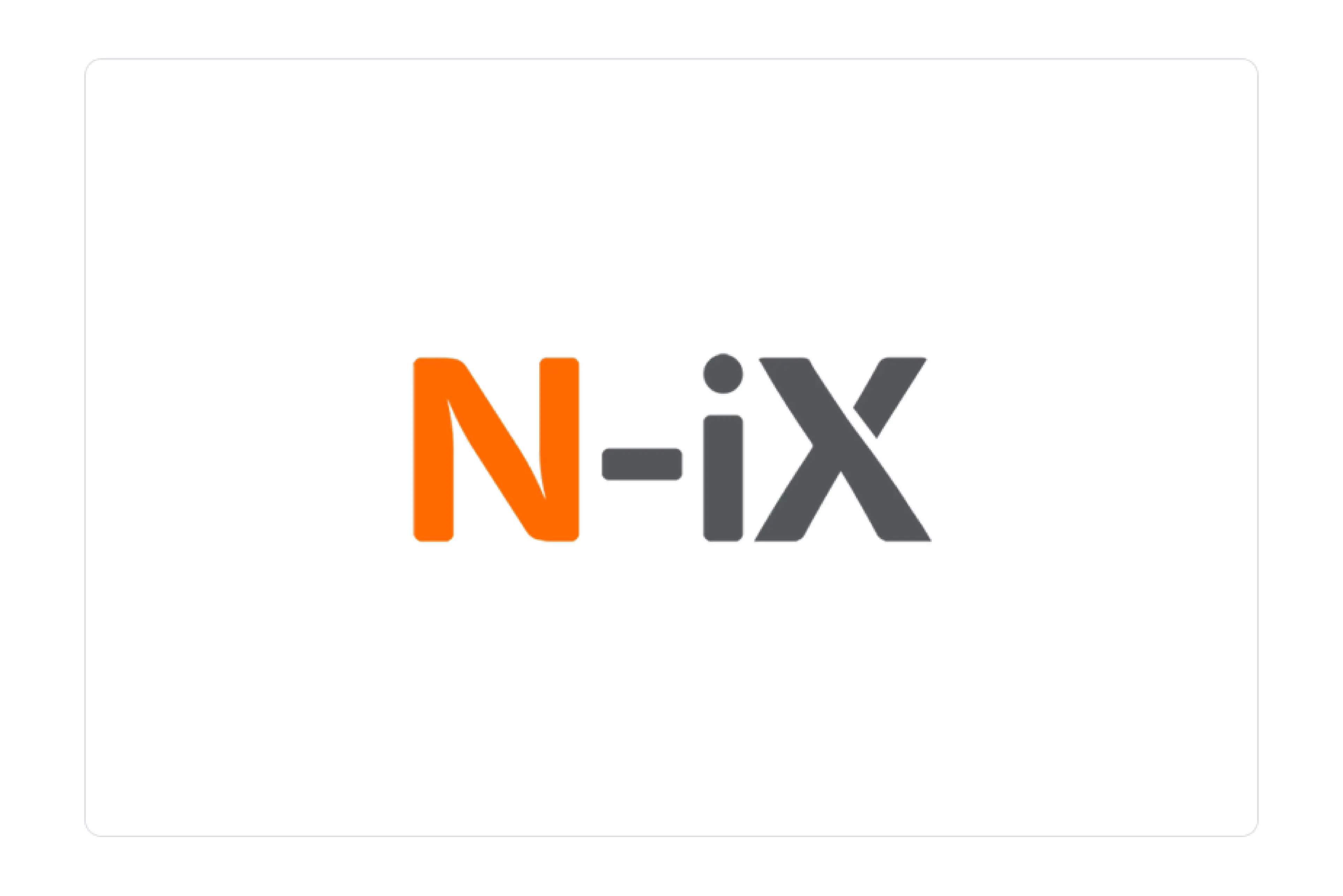
- Headquarters: Lviv, Ukraine
- Key Clients: Global technology companies and enterprises.
- Core Services: Software development, data analytics, Big Data, AI/ML, cloud solutions.
- Why It's Great for Startups: Extensive engineering resources for complex data engineering projects, flexible engagement models.
Analytics8
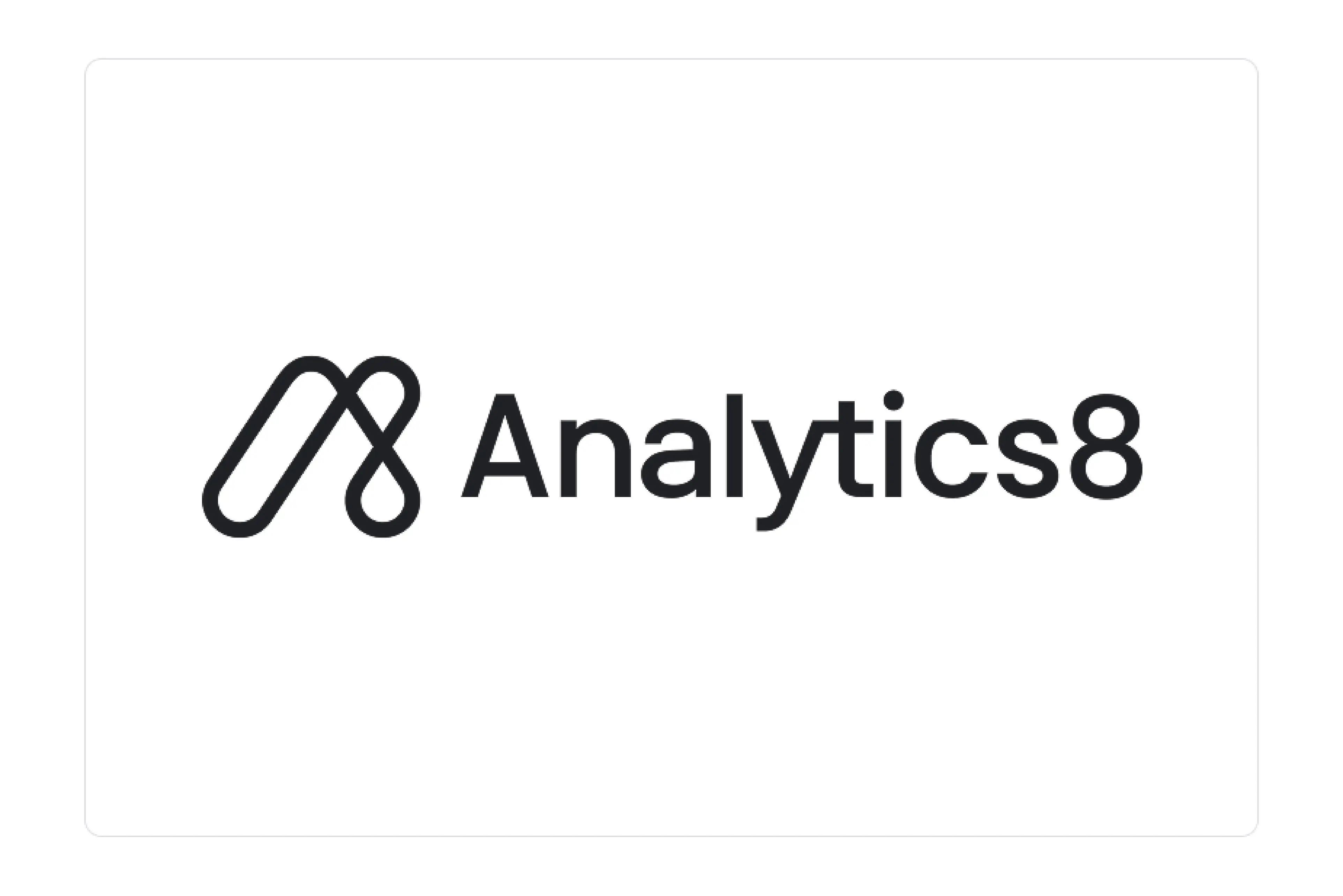
- Headquarters: Chicago, IL, USA
- Key Clients: Companies focused on business intelligence and data warehousing.
- Core Services: Data strategy, data warehousing services, business intelligence, and data integration.
- Why It's Great for Startups: Specializes in turning data into actionable insights with strong BI and dashboard expertise.
AskGalore
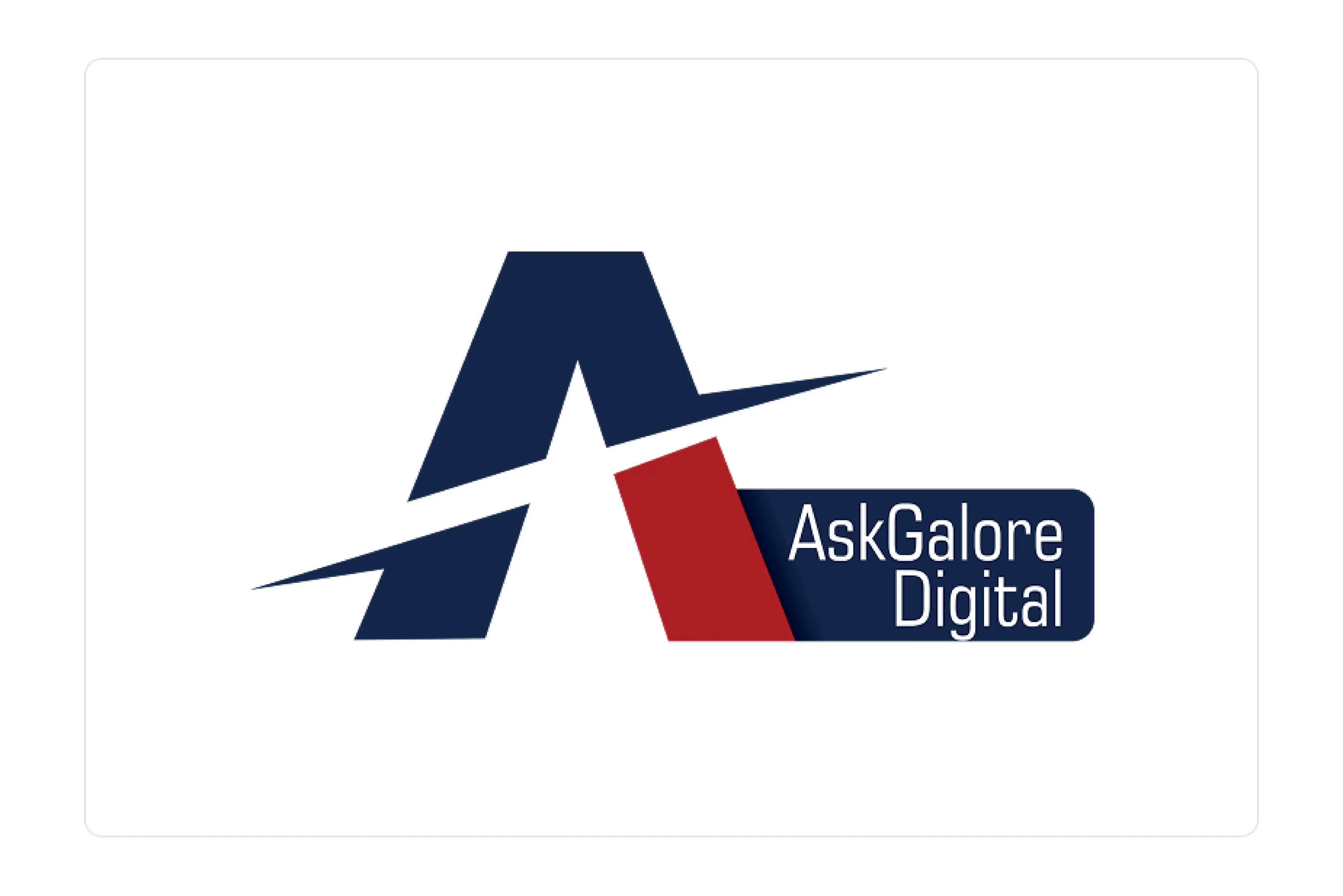
- Headquarters: India
- Key Clients: Startups and small businesses looking for affordable software solutions.
- Core Services: Web development, mobile app development, digital marketing, and IT consulting.
- Why It's Great for Startups: Provides foundational IT and development support, good for very early-stage startups needing integrated basic data architecture.
Hex Technologies

- Headquarters: San Francisco, CA, USA
- Key Clients: Data teams looking for a collaborative data workspace.
- Core Services: Collaborative data platform combining notebooks, SQL, and dashboards for interactive analysis.
- Why It's Great for Startups: Streamlines data workflow, fostering collaboration and accelerating insights when paired with strong data engineering pipelines.
EffectiveSoft
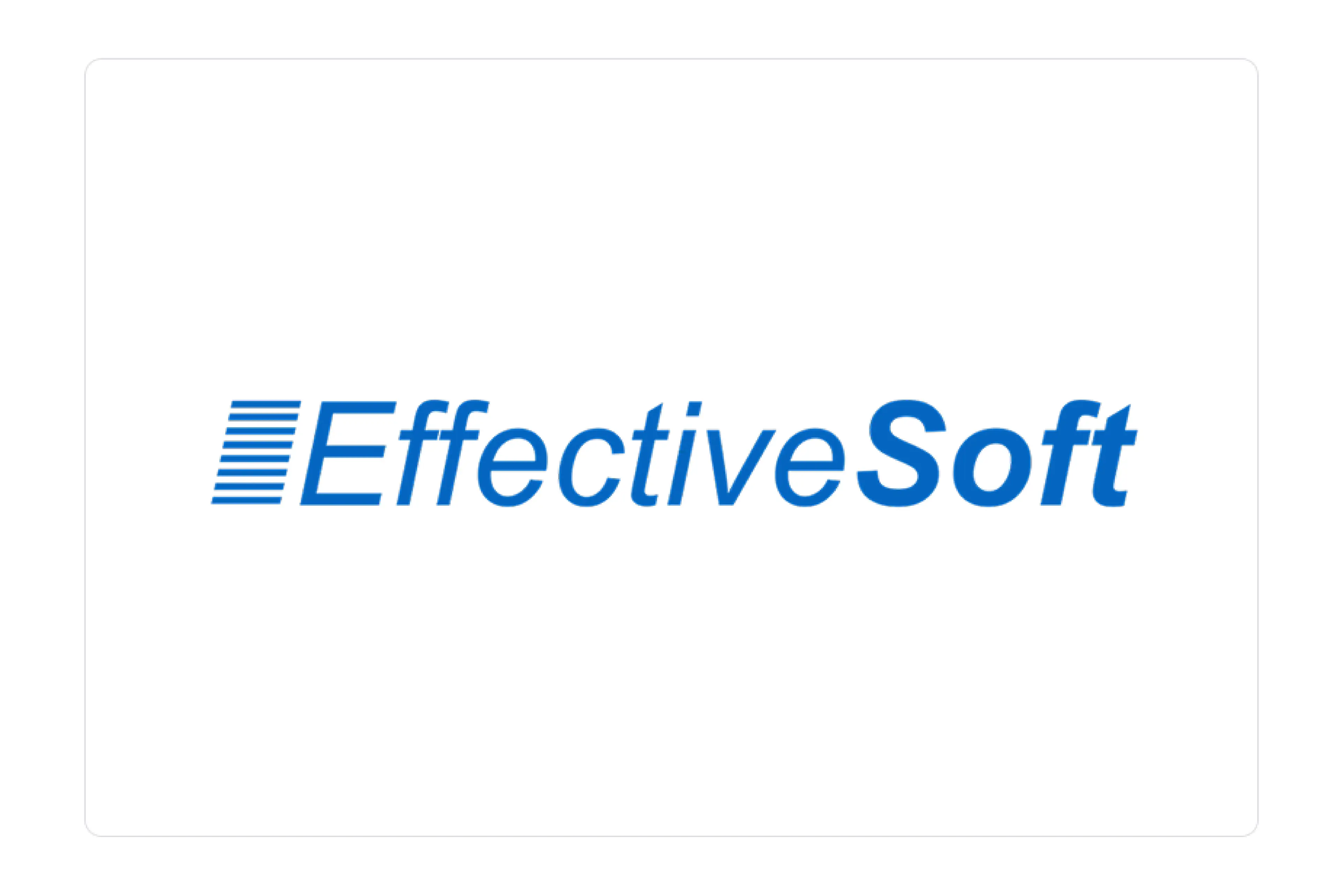
- Headquarters: San Francisco, CA, USA
- Key Clients: Businesses across various industries seeking custom software and IT consulting.
- Core Services: Custom software development, web development, mobile development, and IT consulting.
- Why It's Great for Startups: Broad software development capabilities to build custom solutions with robust data engineering components.
Vodworks
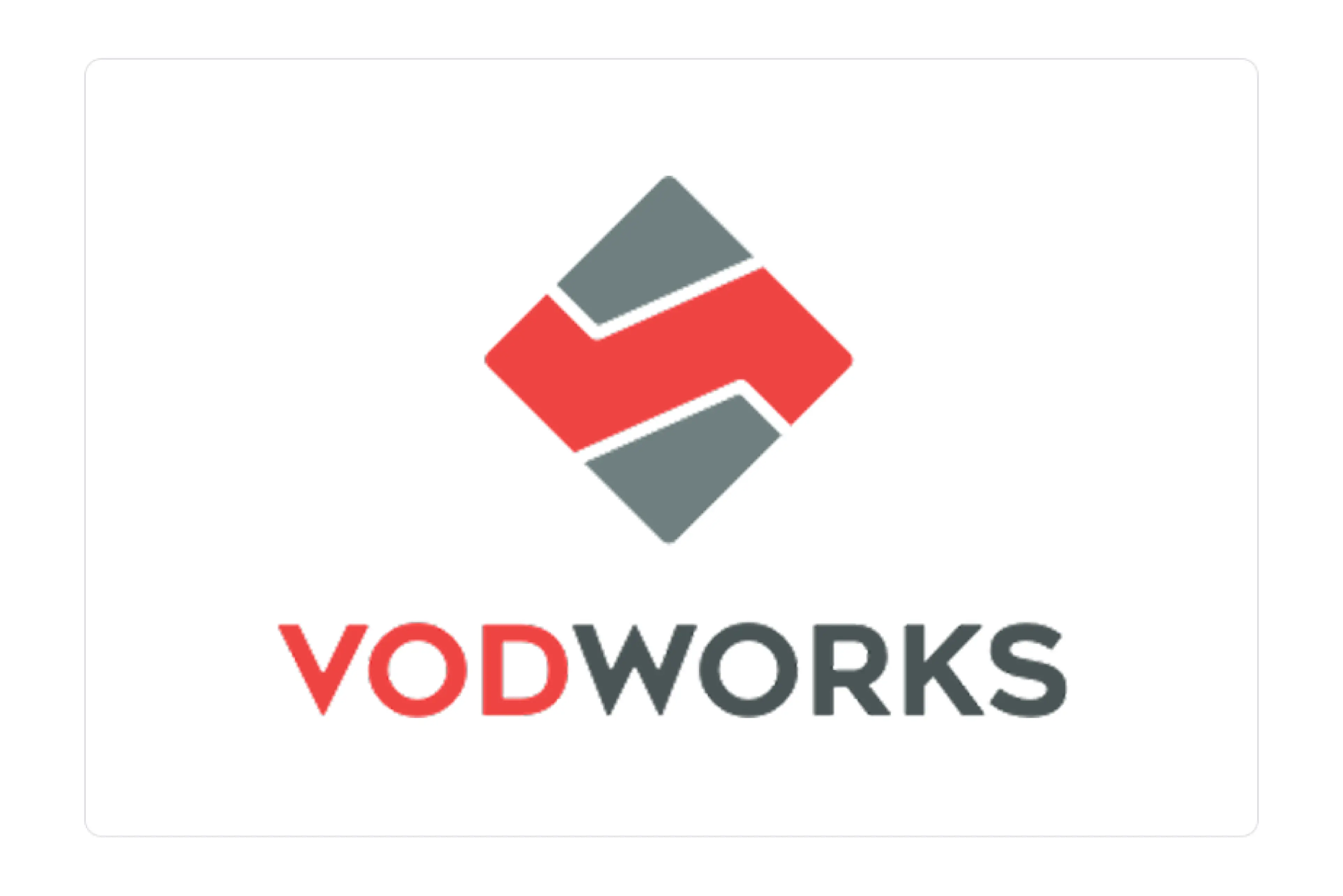
- Headquarters: London, UK
- Key Clients: Various industries, including media, finance, and healthcare.
- Core Services: Digital product development, AI/ML, Big Data, and cloud engineering.
- Why It's Great for Startups: Focuses on impactful digital products underpinned by solid tech foundations. (See their insights on top data engineering companies).
Sigmoid

- Headquarters: San Francisco, CA, USA
- Key Clients: Enterprises seeking advanced analytics and data engineering solutions.
- Core Services: Data engineering, Big Data analytics, AI/ML, and cloud data strategy.
- Why It's Great for Startups: Strong expertise in Big Data and cloud is essential for large-scale data processing and scalable data lake solutions.
Capgemini

- Headquarters: Paris, France
- Key Clients: Global enterprises across nearly every industry.
- Core Services: Comprehensive consulting, technology services, digital transformation, extensive data engineering, AI, and cloud.
- Why It's Great for Startups: Vast resources and deep industry expertise for complex data engineering challenges; ideal for well-funded or rapidly scaling startups.
Comparative Overview of Leading Data Engineering Companies
To further aid in your decision-making, here's a comparative table summarizing key aspects of the featured companies. This "Startup Score" is a subjective measure reflecting their perceived suitability and benefit for early-stage ventures, considering factors like flexibility, cost-effectiveness, and agility.
Future Trends in Data Engineering for Startups
The data engineering landscape is in constant flux, driven by technological advancements and evolving business demands. Startups, with their inherent agility, are uniquely positioned to leverage these emerging trends. Understanding these shifts is crucial for building a future-proof data architecture.
AI-Augmented Pipelines
The rise of Generative AI is not just about chatbots; it's profoundly impacting data infrastructure. AI-augmented pipelines are moving beyond mere automation to intelligent, self-optimizing systems. This means:
- Automated Data Quality & Governance: AI and Machine Learning models are being used to automatically detect anomalies, enforce data quality rules, and manage data governance policies at scale.
- Predictive Resource Scaling: AI can predict data workload patterns and dynamically scale cloud resources, optimizing costs and performance for cloud data engineering.
- Natural Language Interfaces for Data: Imagine asking your data lake complex questions in plain English and getting insights. This is becoming a reality, allowing even non-technical users to interact with data more effectively.
- Code Generation for Data Transformation: AI tools can now generate scripts for ETL services and data transformations, accelerating development cycles and reducing manual effort. For a deeper dive into current AI trends relevant to data products, consider reviewing resources like DATAFOREST's Key Trends in Generative AI 2025.
Serverless and Low-Code Architectures
The pursuit of efficiency and reduced operational overhead is leading to greater adoption of serverless and low-code/no-code approaches in data engineering.
- Serverless Data Processing: Services like AWS Lambda, Azure Functions, and Google Cloud Functions enable event-driven data pipelines that scale automatically and only incur costs when executed. This dramatically lowers infrastructure management burden and cost, especially for startups.
- Low-Code/No-Code ETL Tools: Platforms that allow users to build and manage data pipelines with minimal coding knowledge empower a wider range of team members (e.g., data analysts, business users) to contribute to data initiatives, accelerating time to insight.
- Faster Prototyping: Startups can rapidly prototype and iterate on their startup analytics infrastructure using these tools, quickly validating ideas and adapting to market feedback.
Composable Data Stacks
The monolithic data warehouse is giving way to a more modular, "composable" approach. Instead of a single, all-encompassing platform, organizations are building data stacks from best-of-breed components that can be easily swapped in and out.
- Data Mesh Principles: This architectural paradigm decentralizes data ownership and promotes data as a product, fostering domain-oriented data teams and self-serve capabilities. This can be particularly beneficial for rapidly growing startups with diverse data needs.
- Interoperability and Open Standards: Emphasis on open formats (e.g., Parquet, ORC) and open standards ensures greater flexibility and avoids vendor lock-in, which is a critical consideration for startups.
- "Lakehouse" Architecture: Blending the flexibility of a data lake with the structure and performance of a data warehouse, allowing for both raw data storage and optimized analytical querying within a single, unified system. This approach offers the best of both worlds for evolving data needs.
The Path Forward: Partnering for Data-Driven Success
The right startup analytics infrastructure vendors can accelerate your journey from data collection to actionable insight, ensuring your architecture supports growth from MVP to scale. For startups, the decision to engage with a data engineering partner is an investment in their future. It's about more than just technical implementation; it's about strategic enablement. By offloading the complexities of data architecture, pipeline development, and data warehousing services to experienced professionals, founders, and their core teams can remain laser-focused on product innovation, market penetration, and customer acquisition.
The companies highlighted in this guide represent a spectrum of expertise, from niche specialists in real-time data engineering solutions and machine learning data pipelines to comprehensive providers offering end-to-end Big Data consulting for startups. The key is to assess your unique needs, budget, and long-term vision.
Remember, the goal isn't just to accumulate data but to transform it into a powerful engine for growth. The right data engineering partner won't just build you a system; they'll build you a competitive advantage, empowering your startup to navigate the data frontier with confidence and clarity.
FAQ
What services do data engineering companies typically offer to startups?
Data engineering companies offer a wide range of services crucial for startups to build and manage their data infrastructure. These include data architecture design, data pipeline development (ETL/ELT), data warehousing services, data lake implementation, cloud data engineering (AWS, Azure, GCP), real-time data engineering solutions, machine learning data pipelines, data quality and governance, and Big Data consulting. They help transform raw data into actionable insights for analytics and automation.
How do I evaluate if a data engineering partner is right for my startup's stage?
To evaluate a partner, consider their startup-friendly approach: do they offer flexible engagement models and transparent pricing? Look for a proven track record with similar-stage companies through case studies and testimonials. Assess their scalable architecture expertise—can they build infrastructure that grows with you? Finally, check their end-to-end data stack capabilities to ensure they cover all your data needs, from ingestion to analytics. Communication and cultural fit are also crucial.
Should we build an in-house team or work with an external data engineering firm?
For many startups, working with an external data engineering firm initially is more strategic. Building an in-house team is expensive (salaries, benefits, recruitment time), slow, and requires significant management overhead. External firms offer immediate access to specialized expertise, accelerate time to market, provide scalability, and can be more cost-effective for initial setup. As the startup matures and data becomes a core competitive differentiator, a hybrid approach or transitioning to an in-house team may become viable.
What technologies and cloud platforms do the best firms usually work with?
The best data engineering companies are typically proficient across major cloud platforms like Amazon Web Services (AWS), Microsoft Azure, and Google Cloud Platform (GCP). They utilize a variety of technologies, including data warehouses (Snowflake, Redshift, BigQuery), data lakes (Databricks, S3, ADLS), data pipeline tools (Apache Kafka, Flink, Airbyte, Talend), programming languages (Python, Scala, Java), and Big Data frameworks (Apache Spark, Hadoop). They also often leverage BI tools like Tableau, Power BI, and Looker for dashboards and visualization.
How quickly can we expect results after partnering with a data engineering company?
The timeline for results varies based on the project's complexity and scope. For fundamental infrastructure setup, such as initial data pipeline creation or data lake architecture for small companies, you might see tangible progress and initial dashboards within a few weeks to 2-3 months. More complex projects involving real-time data engineering solutions, extensive data migration, or sophisticated machine learning data pipelines could take longer, typically 3-6 months or more, for full implementation and optimization. A reputable firm will provide a clear roadmap and milestones.


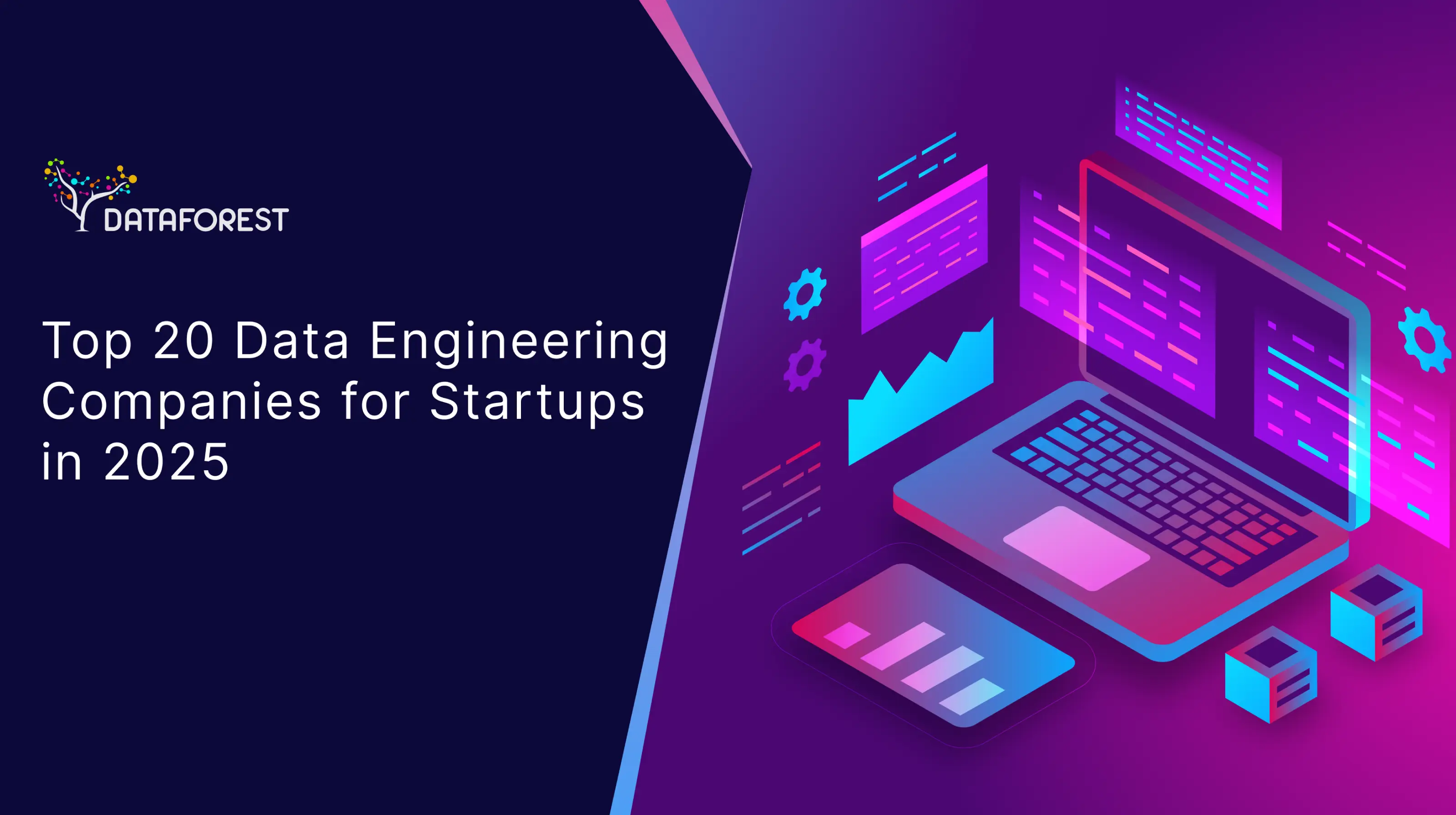



.webp)

